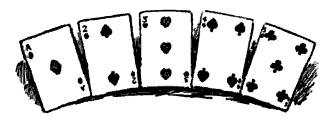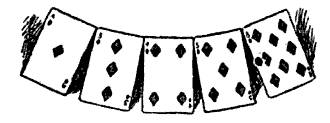The verses of Puritan poet George Wither (1588-1667) fairly glow — if by “verses” you mean “drivelings” and by “glow” you mean “suck like a tarpit”:
Her hair like gold did glister,
Each eye was like a star;
She did surpass her sister,
Which passed all others far.
She would me honey call;
She’d, O she’d kiss me too;
But now, alas! sh’ ‘as left me,
Falero, lero, loo.
When Wither was taken prisoner by the Cavaliers during the English civil war, Sir John Denham pleaded with Charles I: “I hope your majesty will not hang poor George Wither — for as long as he lives it can’t be said that I am the worst poet in England.”



